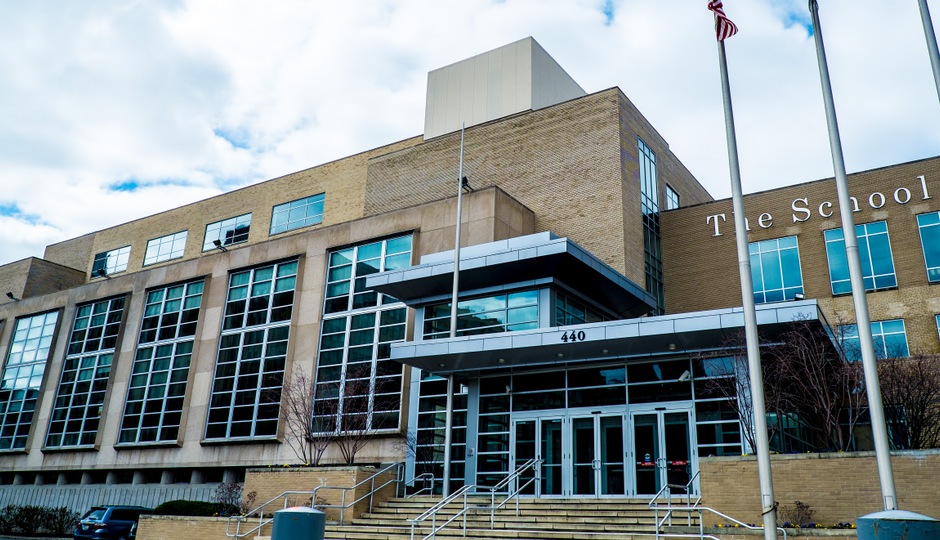Teachers’ Contract Could Mean 3,800 Layoffs or 16 Percent Property Tax Hike

Photo | Jeff Fusco
The School Reform Commission voted earlier this week to approve a contract between the School District of Philadelphia and the Philadelphia Federation of Teachers.
The deal, which will cost $395 billion over five years, ends a tense four-year stalemate between the teachers’ union and the district. For the first time in five years, teachers will receive raises and, in some cases, retroactive pay. The contract will last through August of 2020.
Teachers and city officials who have long awaited an end to the standoff praise the contract. But there’s major uncertainty as to how the district will afford a deal it simply hasn’t budgeted for.
According to Philly.com, the recent deal accounts for $245 million more than is budgeted by the district, which already faces an increasingly intimidating deficit. With the contract, the projected deficit reportedly balloons from $700 million to almost $1 billion over five years.
The Notebook reports that SRC member Bill Green said the district will likely fund the contract through one of two options: either 3,800 teachers layoffs by September of 2019 or an increase in city property taxes. District Chief Financial Officer Uri Monson said that if the city were to finance the contract and balance the district’s deficit on its own, the increase in property taxes would be about 16 percent.
For many officials, like City Council President Darrell L. Clarke, the remedy lies in additional state funding – though the state has made no commitment to financially aiding the district.
The SRC approved the contract in a 4-1 vote. The committee’s commissioner and former City Council member Bill Green was the only member to reject the deal, which he called “unaffordable and irresponsible.”
Other SRC members, like Christopher McGinley, said the deal was simply the best possible option at this time.
“We cannot have strong neighborhoods or commit to community schools without ensuring that we have a community of teachers who are committed to serve for the long term,” McGinley said, according to the Notebook.
This article has been updated to clarify that Uri Monson has not said the contract will be financed by teacher layoffs or property tax increases, only what the tax increase could be if that option were chosen.
Follow @ClaireSasko on Twitter.


